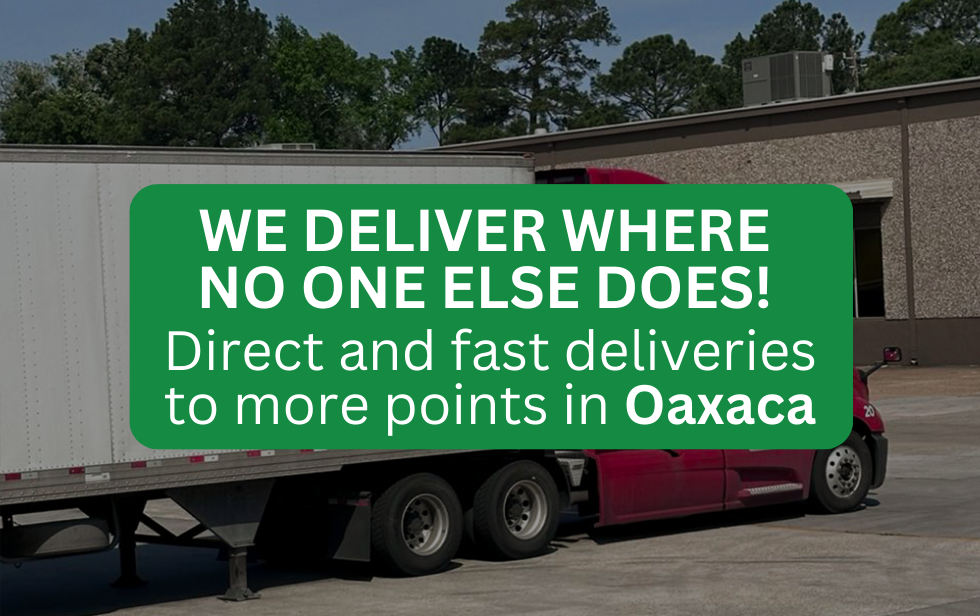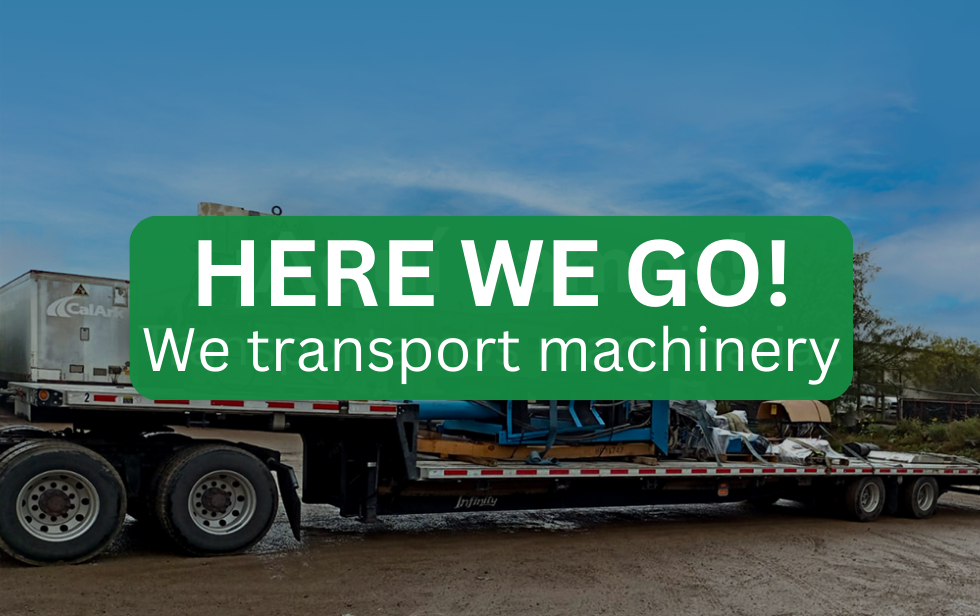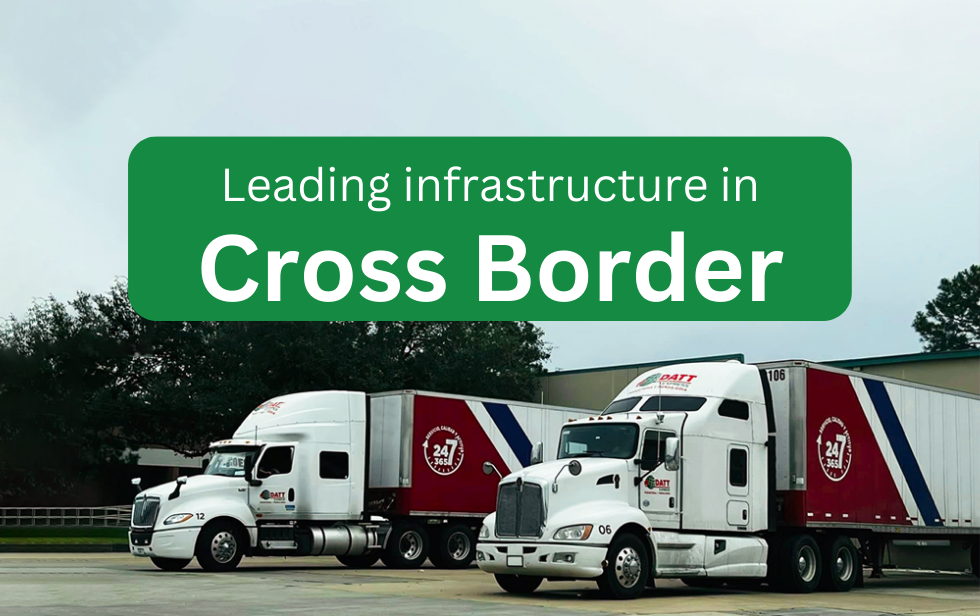How Machine Learning helps in logistics
W
hen we talk about Machine Learning in logistics, we mean learning automatically, and that is what is currently being done. IT systems have come to the aid of the logistics sector to add value and speed.
More and more companies are implementing it because the cost savings are invaluable and the efficiency is multiplied. Let’s see what it is, how it helps, its advantages and how it drives supply chains.
Machine Learning in logistics – What is it?
The term Machine Learning in logistics refers to “automatic learning”. That is, it is a way to teach computerized equipment to solve situations based on examples.
Applied to logistics, Machine Learning has a very specific objective: to manage all the information. Millions of data are generated in logistics processes and must be carefully analyzed.
A timely analysis allows you to deliver effectively and build a satisfied customer base. A system that learns automatically can correctly prevent demand by improving planning. These systems are autonomous, detecting key variables among so much available information.
How does it help?
The main benefit of Machine Learning is the fast analysis and processing of critical data. The
databases in logistics
The databases in logistics are very large, so it is necessary to analyze them in the shortest possible time to make the best decision. It offers invaluable assistance in:
- Analysis. It provides detailed reports on customer behavior, helping to foresee possible behaviors and demands that will be addressed in a timely manner. Visualize the final results of each strategy applied by management.
- Decisions. The data provided by automated systems provide solid support when evaluating business management. In this way, decisions are more accurate and can lead to innovative solutions and new products.
- Studies. Potential customers can be profiled from the database. It detects the most productive employees, as well as facilitates the design of different types of services and products according to market trends. The tool adapts according to the variables at stake.
- Optimization. A critical point in logistics is inventory control. Machine Learning helps to manage the available space according to the quantity of goods. There is better control of deposits and alerts when products are already on the ‘floor’.
- Management. Planning routes well has been one of the great successes of timely and correct data processing. Knowing the ‘peak’ hours, alternate routes, the most convenient times and the activities of each client has had a positive impact on the logistics business.
Automated systems save valuable time.
Advantages for logistics
It is amazing how a software can “learn” from data and examples you provide it with. Below we will describe all the advantages it brings to your business.
Reduces errors
Since Machine Learning learns based on the information you give it, it can very accurately predict possible scenarios. This minimizes errors in areas such as ordering and warehouse management.
With the available data you can describe certain patterns that alert you to potential errors. By thoroughly examining the situation, the system warns the person in charge to take early action. It can also direct orders to the nearest area, ensuring that they arrive just in time.
Optimizes processes
Applying Machine Learning in logistics helps to track orders, streamlining processes. A product delivered on time and in good condition produces satisfied customers. It also allows for delivery scheduling and flexible options for customers.
Accurate decisions
Increasingly, data-driven decision making is being left in the hands of machines because of the accuracy they demonstrate. The impact is immediate in the management of warehouses and goods.
The algorithms used help to predict the demand for orders, so that the level of goods is better controlled. In turn, resources are optimally allocated, eliminating waste.
Planning assistance
As these systems are fed with new applications, operations planning is streamlined. In this way, production is increased in line with demand. It is very useful in the verification of processes, detecting problems and introducing improvements.
Supports marketing efforts
One of the objectives of marketing is the identification and prediction of customer behavior. Therefore, more effective campaigns can be designed with high levels of success.
It can also anticipate when a purchase would be made, helping to better plan campaigns. It thus becomes a tool for the sales department to create more targeted campaigns. Additionally better customer
customer service.
A fabulous tool
Machine Learning in logistics has been a major breakthrough in the delivery world. Companies have become more competitive by improving the quality of service in terms of more deliveries, faster and with fewer errors.
Resources have been optimized by allocating them where they are most needed, thus avoiding cost increases. Warehouse areas are better utilized, as demand planning avoids oversupply or idle space.
Decisions are more accurate thanks to better data processing and analysis. Repetitive tasks are taken over by the system, so that managers spend more time on critical activities. There are substantial cost savings and increased profitability.

















